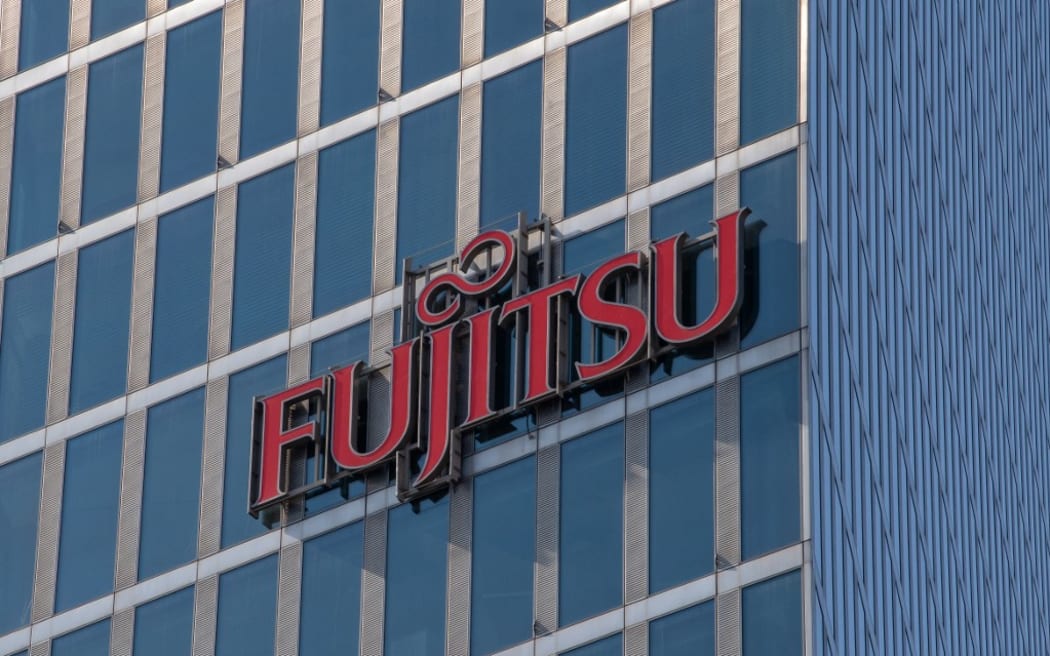File photo.
Photo: AFP / DPA
The Wellington High Court has ruled in Corrections’ favour in its long-running dispute with technology company Fujitsu.
A recent decision by Justice Cooke has found Fujitsu must pay Corrections $3.9 million after misrepresenting software it proposed for prison guard rostering. It follows a trial held from September to October.
Justice Cooke.
Photo: RNZ /Dom Thomas
In 2018, the company quoted $716,000 for the technology, saying Corrections could use an “out of the box” product without customisation. However, that wasn’t true, and six months later it increased the price to more than $5m.
Meanwhile, Fujitsu successfully sought $1.8m for the licence fee it paid to sub-contractor Dassault (which provided the software) after the company became aware that the proposal was inaccurate.
“But [Dassault] decided not to correct the misrepresentation as it did not want to put the contract, and particularly the significant licence fee that the department would commit to on entering the contract, at risk,” the decision said.
“The misrepresentations in this case originated at Dassault, and it was Dassault that adopted the strategy of knowingly misleading the department and Fujitsu.
“Fujitsu elected to provide warranties to the department when it entered the contracts … those warranties included a warranty that what had been said in the RFP response was accurate and had not changed in any materially adverse way.”
The parties were to agree to any additional settlement or costs between themselves, the court ruled.
“The starting point is that the department is entitled to recover costs against Fujitsu, and Fujitsu is entitled to recover against Dassault.”
Email evidence destroyed
Dassault earlier found itself in hot water regarding the proceedings, after email evidence was destroyed.
At a hearing in July, Fujitsu argued the sub-contractor’s defence should be struck out, because some internal staff emails had been deleted. Dassault said this was in line with normal business procedures, particularly when staff left its employment, but it accepted the emails should have been preserved given court action was likely.
Justice Cooke found the breach to be “a consequence of a series of failures”.
“Litigation between the parties was in contemplation from 26 April 2019 … from that point steps needed to be taken to ensure that relevant evidence was preserved, especially in the case of electronic information. However, no steps were taken by Dassault,” the judge’s decision said.
The company’s New Zealand lawyer had asked the head office in France to retain the emails, but this was declined for technical reasons. A revised application was approved a year later, but did not cover all the relevant employees.
Justice Cooke described the destruction of the evidence as “significant and serious”, but said Dassault had not deliberately deleted the emails. The internal emails were unlikely to help show how the software’s capabilities were represented to Corrections, the decision said.
Making shifts work
A Corrections spokesperson told RNZ in October the rostering technology was part of its ‘Making Shifts Work’ project.
“The Making Shifts Work project introduced new shift patterns into our prisons to better meet the needs of operational delivery. It aimed to provide our staff with higher levels of work-life balance and improve staff safety by helping them to avoid fatigue.”
The project was rolled out to 11 prisons and about 4000 custodial staff between July 2019 and June 2022, the spokesperson said, after a new provider was found.
Corrections Association president Floyd du Plessis said the legal stoush had not affected those working on the frontline.
“It was during the original design phase of the rostering solution and so they picked it up quite early,” he said.
“The Fujitsu system just couldn’t do some of the core fundamentals that it was contracted to do, that’s where it fell over, and so that’s where they urgently went through procurement and got a secondary provider. Because it was at such an early stage, it actually never hit staff.”
However, he said the introduction of Making Shifts Work, which included prison guards working eight-to-12- hour days, had not been smooth.
“The idea is to incorporate a mixture of eight to tens and twelves for different roles and areas in the prison. So the benefits that it promotes is that A: it’s bespoke, and B: with things like 10 and 12-hour rosters what it means is staff are at work for less days,” du Plessis said.
“The concept is good and generally the idea behind it has landed well with most staff. Unfortunately, because we’ve been under quite an extreme staffing pressure for the last number of years, that hasn’t made it easy.
“When the prison’s at a point fully staffed, Making Shifts Work runs well and works. But when you’re short-staffed, it does make it a bit harder, and that’s the problem that we’re currently faced with.”
>>> Read full article>>>
Copyright for syndicated content belongs to the linked Source : RNZ – https://www.rnz.co.nz/news/national/504421/fujitsu-told-to-pay-corrections-3-point-9m-after-lengthy-legal-battle












